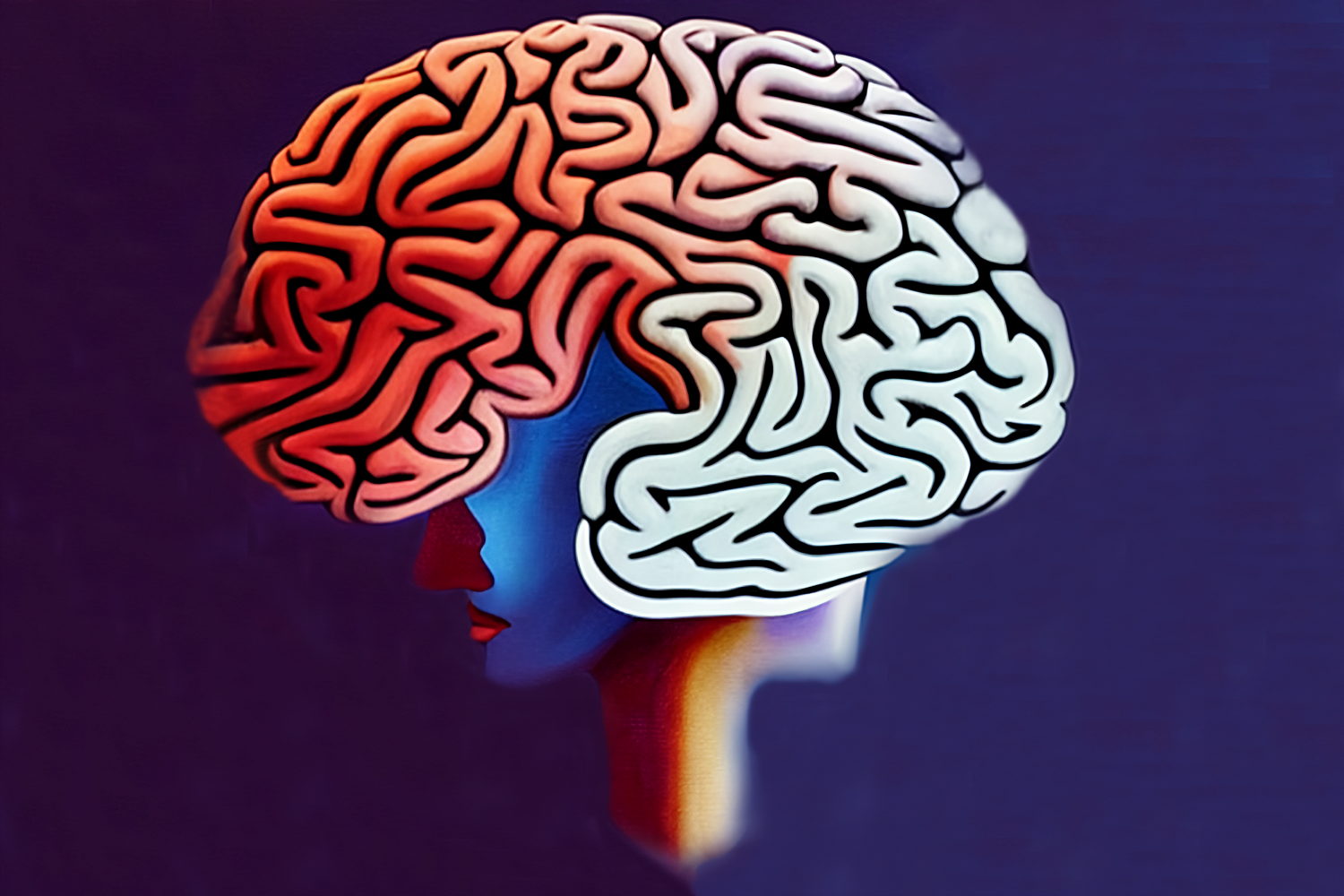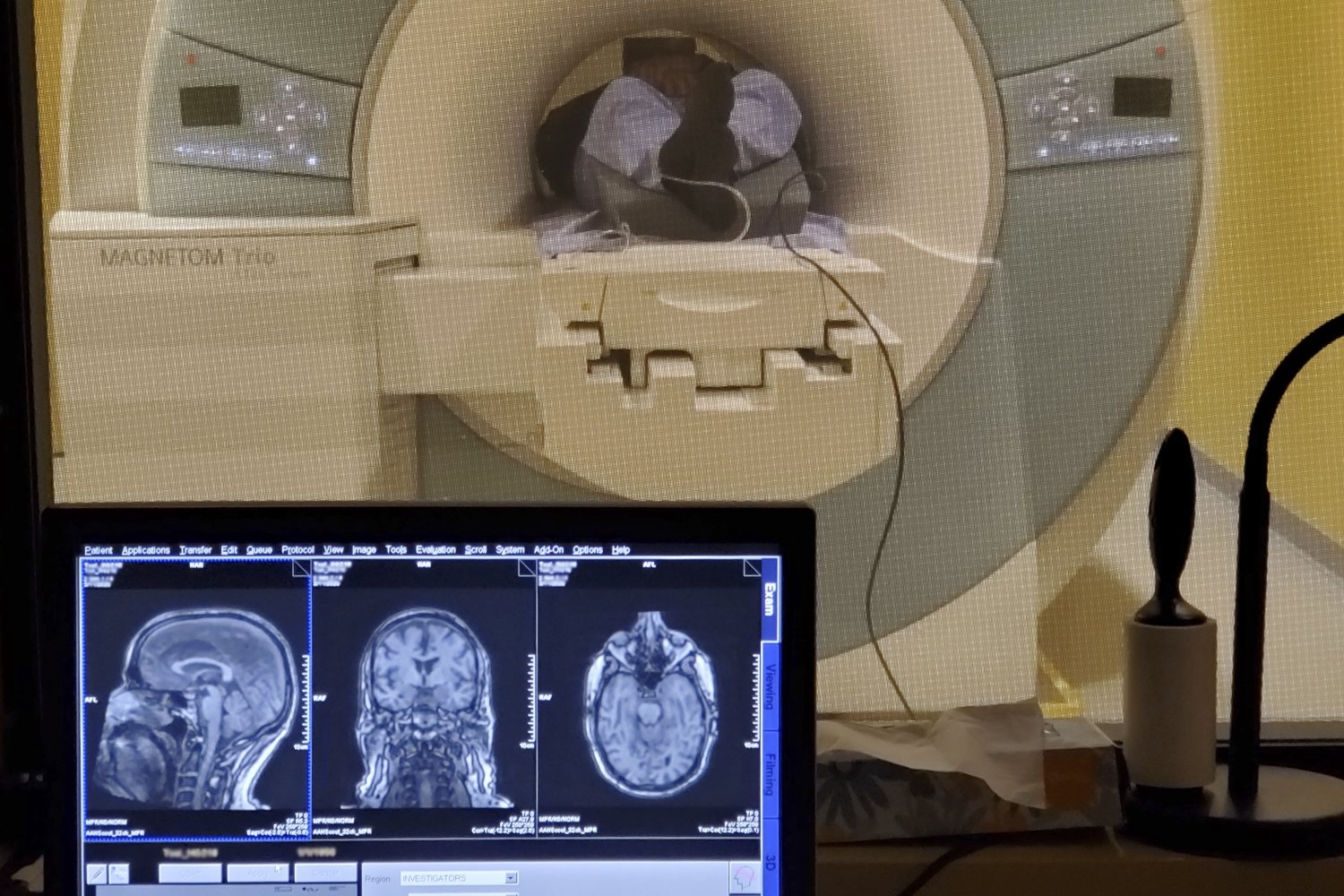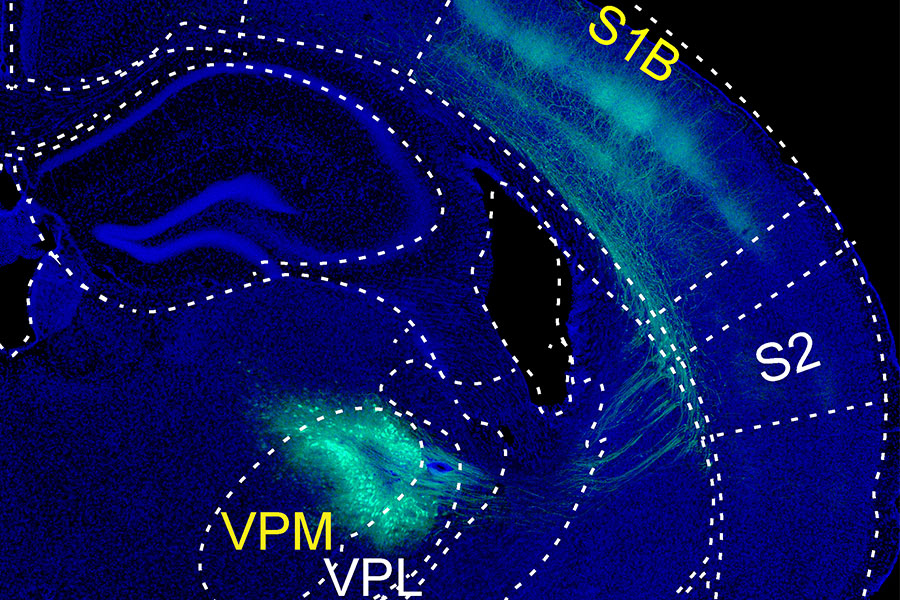Meditation and mindfulness offer an abundance of health benefits and may be as effective as medication for treating certain conditions
Mindfulness, one of the most common forms of meditation, is a skill that must be cultivated and practiced. With some training and discipline, it can help anyone live more fully in the moment.
Jan. 12, 2023 • ~11 min









